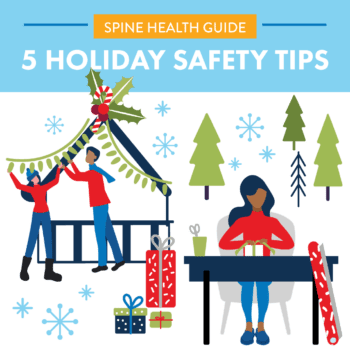Poor balance and coordination mean having difficulty staying steady on your feet or controlling your movements. This can make it hard to walk, stand, or perform everyday activities without stumbling or falling.
Common Causes
- Neuropathy: Nerve damage, often caused by conditions like diabetes.
- Spinal issues: Problems like spinal stenosis or herniated discs can affect nerves and muscles.
- Inner ear problems: Conditions like vertigo or labyrinthitis can affect balance.
- Muscle weakness: Weak muscles can make it hard to stay steady.
- Brain conditions: Issues like stroke or multiple sclerosis can affect coordination.
- Medications: Some medicines can cause dizziness or balance problems.
Symptoms
- Stumbling or frequent falls.
- Feeling unsteady or dizzy.
- Difficulty walking in a straight line.
- Trouble coordinating movements, like picking up objects.
- Feeling like the room is spinning (vertigo).
Diagnostic Tests
- Medical history: Discussing your symptoms and possible causes with your doctor.
- Physical exam: The doctor checks your balance, coordination, muscle strength, and reflexes.
- Neurological exam: Tests to check brain and nerve function.
- Hearing tests: To check for inner ear problems.
- Blood tests: To check for medical conditions.
- Imaging tests: X-rays, MRI, or CT scans to see the spine, brain, and inner ear.
- Electromyography (EMG): To see how well electrical impulses are traveling through the nerves.
First-Line Treatment Options
- Physical therapy: Exercises to improve strength, balance, and coordination.
- Medications: To treat underlying conditions like vertigo or infections.
- Occupational therapy: To help with daily activities and improve coordination.
- Balance training: Specific exercises to improve steadiness.
- Hearing aids: If hearing loss is affecting your balance.
Common Conditions That Can Cause Similar Symptoms
- Neuropathy: Nerve damage that affects balance and coordination.
- Spinal stenosis: Narrowing of the spaces in the spine, putting pressure on the nerves.
- Multiple sclerosis: A disease that affects the central nervous system.
- Vertigo: A sensation of spinning, often caused by inner ear problems.
- Stroke: A sudden loss of blood flow to the brain, affecting movement and coordination.
When to See the Doctor
- If you have persistent balance and coordination problems.
- If you experience frequent falls or difficulty walking.
- If you feel dizzy or unsteady.
- If the symptoms interfere with your daily activities or sleep.
- If you have sudden, severe balance problems or coordination issues.
What to Ask the Doctor
- What is causing my balance and coordination problems?
- What treatment options are available?
- How long will it take to recover?
- Are there specific exercises I should do or avoid?
- What can I do to prevent balance problems in the future?
Home Remedies for Mild Symptoms
- Exercise: Gentle exercises can help strengthen muscles and improve balance.
- Walking aids: Using a cane, walker, or walking sticks can provide extra stability.
- Home modifications: Installing grab bars or removing trip hazards can prevent falls.
- Hydration: Drink plenty of fluids to prevent dehydration, which can affect balance.
- Proper footwear: Wear shoes with good support and non-slip soles.
Understanding poor balance and coordination can help you know when to seek medical advice and what questions to ask your doctor. Early detection and treatment can help diagnose and manage the underlying condition and improve your quality of life.



